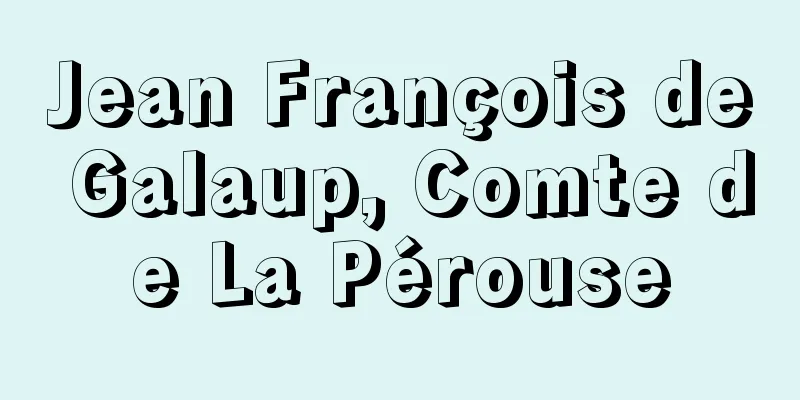American avant-garde

|
In the same year, avant-garde filmmaker Stan Vanderbeek called the experimental films of the time, including his own works, "underground." This term was widely used as a journalistic term, but in film history it is called "New American Cinema" (not to be confused with "American New Cinema," which was later given to works such as "No Tomorrow for All Men" and "Easy Rider"), or "American avant-garde." From the late 1930s to the 1940s, the Museum of Modern Art in New York began acquiring and screening prints of European avant-garde films by H. Richter, V. Egeling, F. Léger, Man Ray, Rene Clair, M. Duchamp, S. Dali, and L. Bunuel, and J. Cocteau's "A Poet's Blood" (1930) was released in theaters, which excited young people who were dissatisfied with the traditional Hollywood film system, which had become a film empire, and who rebelled against it but were also burning with the urge to make their own films. *Some of the terminology that refers to "American avant-garde" is listed below. Source | Heibonsha World Encyclopedia 2nd Edition | Information |
|
…同年,前衛映画作家スタン・バンダービークが,彼自身の作品を含めた当時の実験映画を〈アンダーグラウンド〉と呼んだ。この言葉はジャーナリスティックな呼称として世界的に流布されたが,映画史的には〈ニュー・アメリカン・シネマ〉(のちに《俺たちに明日はない》《イージー・ライダー》等々の作品群に冠せられた〈アメリカン・ニューシネマ〉とは別),あるいは〈アメリカン・アバンギャルド〉の名称で呼ばれる。 1930年代末から40年代にかけて,ニューヨーク近代美術館が,H.リヒター,V.エゲリング,F.レジェ,マン・レイ,ルネ・クレール,M.デュシャン,S.ダリ,L.ブニュエルといったヨーロッパのアバンギャルド映画のプリントを入手して上映し始めたことと,J.コクトーの《詩人の血》(1930)が劇場公開されたことなどによって,映画王国と化していた従来のハリウッド映画のシステムにあきたらず,反発しながらみずからも映画を作りたいという衝動に燃える若者たちを熱狂させた。… ※「アメリカン・アバンギャルド」について言及している用語解説の一部を掲載しています。 出典|株式会社平凡社世界大百科事典 第2版について | 情報 |
<<: American International Pictures
Recommend
Kanbo - meditation
In Buddhism, observing the Dharma (truth) in orde...
Temperate - Ontai
A climate zone in the mid-latitudes, between the ...
Accurad method - Accurad method
...Therefore, die casting molds require ingenuity...
Gold sarasa
〘 noun 〙 (sarasa is saraça) A chintz cloth with a ...
Inukami Dam - Inukami Dam
…The main industry is agriculture, mainly rice cu...
Sully Prudhomme
1839‐1907 French poet. His real name was René-Fran...
Cabezon, A.de - Cabezon
...In the late 16th century, A. Gabrieli and C. M...
Rock sedge - Rock sedge
...The sedges that grow in the high moors include...
Uvsa Nor [Lake] - Uvsa Nor
…An inland lake in the northwest of the Mongolian...
Chondrodendron cardicans
… [Susumu Terabayashi]. … *Some of the terminolog...
When?
A Zen monk of the Obaku sect in the early Edo per...
Ye Lai Shan
Night jasmine. A climbing shrub of the Asclepiadac...
bandolie fashion
…It is made of wool and always wears tartan, whic...
Kumamoto Castle
A castle from the Muromachi to Edo periods. Locat...
Epistyrion - Epistyrion
Please see the "Architrave" page. Sourc...









![Haakon [VII] - Haakon](/upload/images/67ccd7e00fe07.webp)